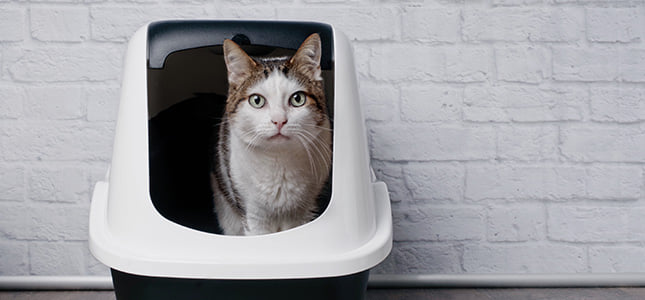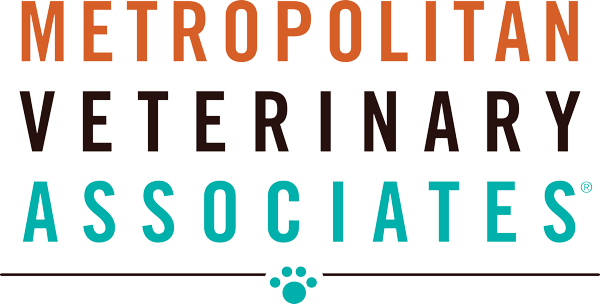
Obstipation in Cats
Obstipation is severe or complete constipation; the inability to pass a bowel movement. Obstipation and constipation occur most commonly in cats. Causes of constipation can be obesity, lack of fiber or water in the diet, or medical conditions causing poor gastrointestinal motility.
Symptoms of obstipation include straining to have a bowel movement or pain when trying to defecate. Cats that are constipated often develop a loss of appetite, vomiting, and lethargy. Owners most often recognize constipation in their cats when they observe them straining to have a bowel movement in the litter box.
If your cat is constipated, please seek veterinary care. Your veterinarian will recommend doing some diagnostic testing to rule out underlying diseases. Bloodwork should be done. Sometimes cats with chronic kidney disease are prone to dehydration which can result in constipation. Radiographs may be recommended to monitor the resolution of constipation or to evaluate for megacolon, a condition where the large intestine loses its elasticity and motility, resulting in chronic constipation.
The most effective treatment for constipation is hospitalized care with IV fluids, anti-nausea medication, and repeated enemas. If true obstipation occurs, sometimes a sedated procedure to manually evacuate fecal material is required. Once the constipation/obstipation is resolved, your veterinarian will prescribe stool softeners. The most commonly prescribed stool softeners are lactulose and MiraLAX. They may also recommend a prescription high-fiber diet, or supplemental dietary fiber (Psyllium). In more severe situations of megacolon surgery may be recommended to remove the ineffective colon.
If your cat is straining to have a bowel movement, seems painful, or develops vomiting, he should be evaluated by a veterinarian as soon as possible.
